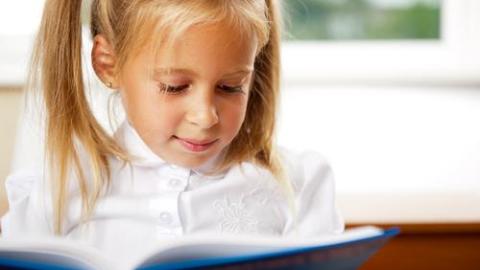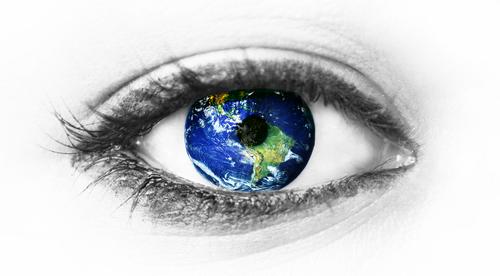How Reading Books Changes Childrens’ Brains

What’s the Latest Development?
Children who receive mental stimulation in the form of books, educational toys and parental support have brains that are biologically different from children who receive less stimulation. A team of researchers from the University of Pennsylvania have found that “the level of mental stimulation a child receives in the home at age 4 predicted the thickness of two regions of the cortex in late adolescence, such that more stimulation was associated with a thinner cortex. One region, the lateral inferior temporal gyrus, is involved in complex visual skills such as word recognition.”
What’s the Big Idea?
It has long been theorized that the early years of one’s life are essential in the formation of good emotional habits but researchers are now beginning to see the biological imprint of a child’s formative years. “ The new findings highlight the sensitivity of the growing brain to environmental factors, says neuroscientist Martha Farah says, and provide strong evidence that subtle variations in early life experience can affect the brain throughout life.” Early life therefore represents a window of opportunity in which the effects of adversity can be offset by education and nurturing.
Photo credit: Shutterstock.com





